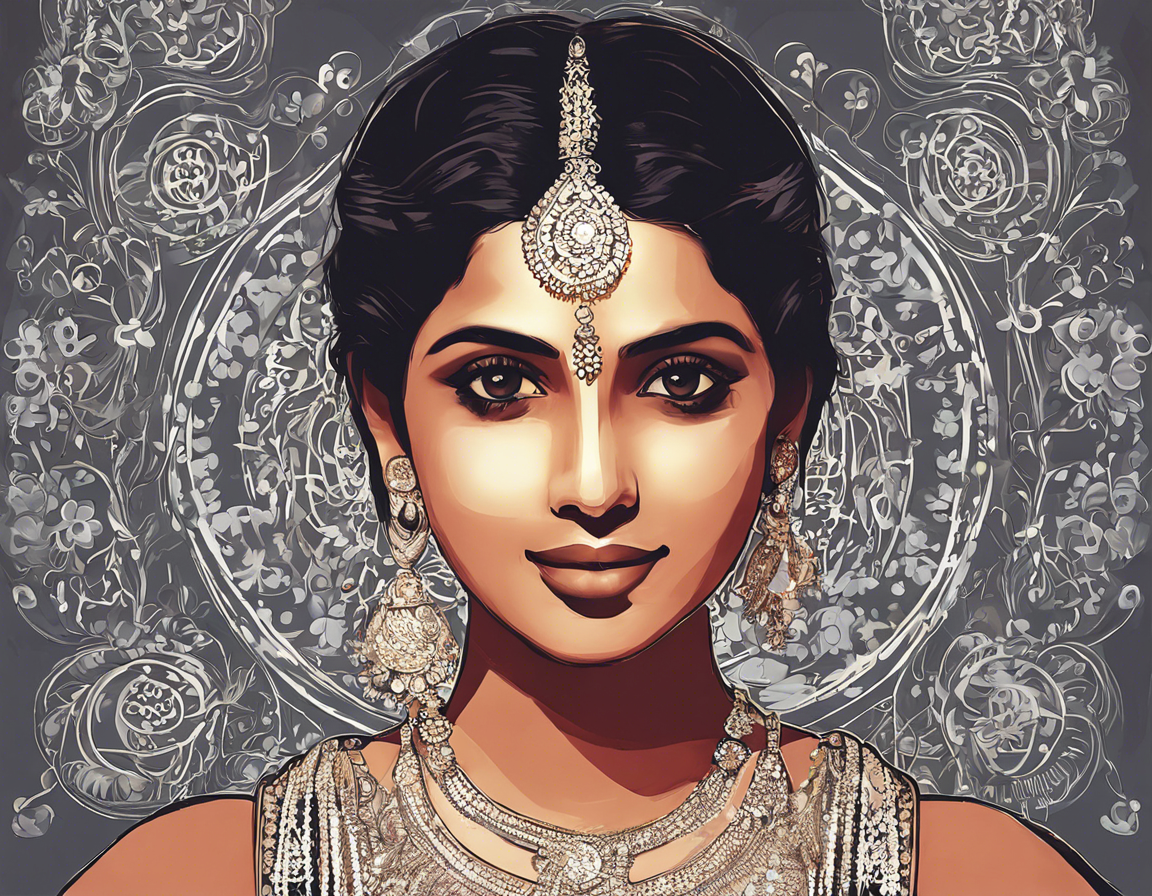Introduction
In the realm of literary controversies, few have garnered as much attention as the story of Chaari 111 and its alleged author, Samyuktha Viswanathan. The tale of a Harvard student’s debut novel being accused of plagiarism and subsequently pulled from shelves made headlines worldwide, sparking discussion on originality, creativity, and the pressure to succeed. Let’s delve into the intricate layers of this story, exploring the nuances of plagiarism, the impact on the publishing industry, and the lessons to be learned from this infamous saga.
The Genesis of Chaari 111
In 2006, Samyuktha Viswanathan achieved a rare feat for a college student – landing a two-book deal with a major publishing house, Little, Brown and Company. Her debut novel, How Opal Mehta Got Kissed, Got Wild, and Got a Life, was marketed as a coming-of-age story about an Indian-American girl navigating the perils of high school. However, the initial excitement surrounding the book soon turned sour when it was discovered that several passages bore striking similarities to works by Megan McCafferty and Kaavya Viswanathan.
The Plagiarism Scandal
As critics and readers began to compare excerpts from How Opal Mehta Got Kissed to passages from Sloppy Firsts and Second Helpings by Megan McCafferty, it became apparent that significant portions had been lifted verbatim. Kaavya Viswanathan, in her defense, claimed that she had inadvertently internalized these works while in high school, leading to unintentional replication in her own writing. Despite her apologies and explanations, the damage to her literary career was irreparable.
The Fallout
In the wake of the plagiarism scandal, Little, Brown and Company swiftly pulled How Opal Mehta Got Kissed from circulation and canceled Viswanathan’s publishing contract. The incident not only tainted Samyuktha Viswanathan’s reputation but also raised questions about the editorial process at publishing houses and the responsibility of authors to maintain the integrity of their work.
Lessons Learned
The Chaari 111 saga serves as a cautionary tale for aspiring writers, highlighting the importance of originality and ethical writing practices. It underscores the need for thorough research and citation in literary endeavors, reminding authors that plagiarism can have far-reaching consequences beyond legal ramifications.
Navigating the Publishing Landscape
For writers looking to navigate the complex world of publishing, it is essential to prioritize authenticity and integrity in their work. By conducting comprehensive literary analyses and reference checks, authors can safeguard themselves against inadvertent plagiarism accusations and protect their creative reputation.
Conclusion
The story of Chaari 111 and Samyuktha Viswanathan’s journey serves as a stark reminder of the perils of plagiarism in the literary world. It underscores the need for diligence and cultural sensitivity in creative pursuits, emphasizing the enduring value of original thought and ethical writing practices. Aspiring authors can draw valuable insights from this notorious tale, learning to tread carefully in the realm of creativity and uphold the sanctity of their artistic endeavors.
FAQs
1. What is plagiarism, and why is it a serious offense in the writing world?
Plagiarism refers to the act of using someone else’s ideas, words, or work without proper acknowledgement or permission. In writing, it is considered a serious offense as it undermines the principles of intellectual property and originality, eroding trust and credibility within the literary community.
2. How can writers avoid unintentional plagiarism in their work?
To avoid unintentional plagiarism, writers should engage in thorough research, proper citation, and critical analysis of their sources. By diligently attributing ideas and adhering to style guides, authors can safeguard their work against accidental replication.
3. What are the potential consequences of being accused of plagiarism as an author?
Being accused of plagiarism as an author can result in legal disputes, damage to reputation, loss of credibility, and career setbacks. Publishers may revoke contracts, and readers may lose trust in the writer’s integrity, impacting future opportunities in the literary industry.
4. How can publishers ensure that manuscripts are original and free of plagiarism before publication?
Publishers can implement rigorous editorial processes, including plagiarism detection software, fact-checking, and peer review to verify the originality and integrity of manuscripts before publication. Collaboration with experienced editors and literary experts can also help identify any instances of inadvertent plagiarism.
5. What steps can authors take to recover from a plagiarism scandal and rebuild their literary career?
Authors facing a plagiarism scandal can take responsibility for their actions, issue a sincere apology, and demonstrate commitment to ethical writing practices. By engaging in transparent communication with their audience and the literary community, authors can work towards rebuilding trust and credibility in their work.
